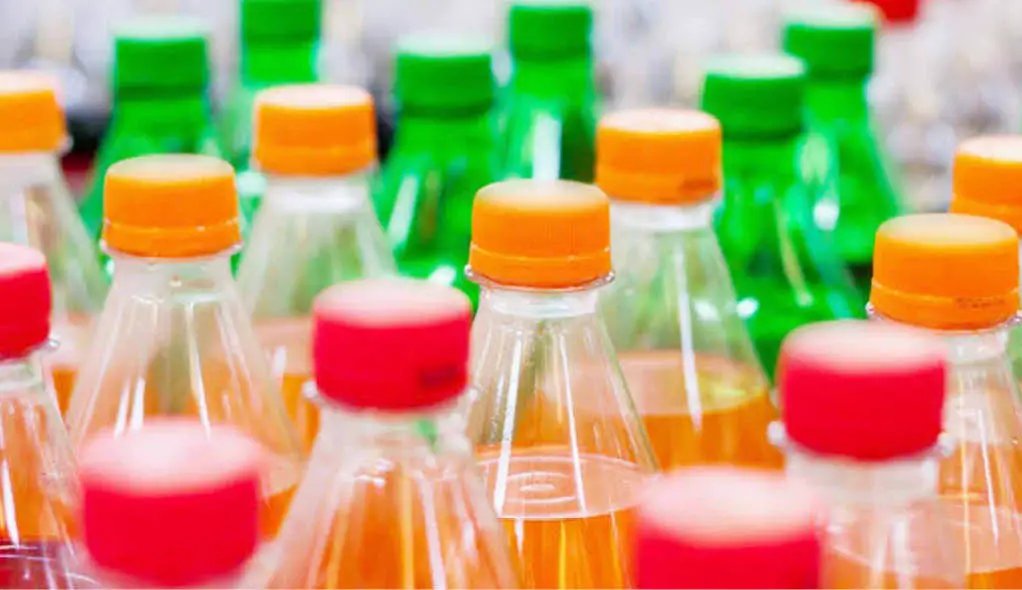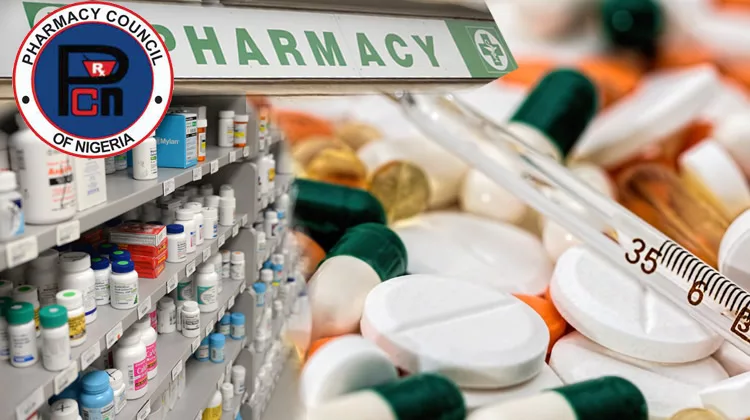A groundbreaking study published in Nature Medicine has revealed that the global consumption of sugar-sweetened beverages (SSBs) is driving an alarming rise in type 2 diabetes and cardiovascular disease, disproportionately affecting low- and middle-income nations.
The research, led by Tufts University’s School of Nutrition Science and Policy, found that sugary drinks were linked to over 2.2 million new cases of type 2 diabetes and 1.2 million cases of cardiovascular disease in 2020 alone. The impact was most pronounced in Sub-Saharan Africa, Latin America, and the Caribbean.
“Men and younger adults are particularly vulnerable to the consequences of sugary drink consumption, as are communities in low- and middle-income countries that are less equipped to manage long-term health outcomes,” said Dariush Mozaffarian, the study’s senior author and director of Tufts’ Food is Medicine Institute.
According to the report, sugary beverages contributed to more than 21% of new diabetes cases in Sub-Saharan Africa and nearly 24% in Latin America and the Caribbean. The countries hardest hit included Colombia, Mexico, and South Africa, where sugary drinks were linked to up to half of all new diabetes cases in 2020.
Laura Lara-Castor, the paper’s first author, underscored the urgency of addressing the issue. “We need urgent, evidence-based interventions to curb consumption of SSB globally before even more lives are shortened by their effects on diabetes and heart disease,” she said.
The study highlights the role of aggressive marketing and increased accessibility of sugary beverages in low-income regions. “As countries develop and incomes rise, sugary drinks become more accessible and desirable,” Mozaffarian added, calling for regulatory measures to counter the trend.
The authors proposed a comprehensive strategy to mitigate the crisis, including public health campaigns, taxes on SSBs, and regulation of sugary drink advertising. Some nations, such as Mexico, have already implemented such measures with reported success.
In Nigeria, the largest consumer of soft drinks in Africa, efforts are underway to address the issue. The Nigerian government introduced a N10 per litre excise tax on sweetened drinks in 2021, with plans to potentially increase the tax to N20 per litre.
Experts hope these measures will serve as a blueprint for other nations grappling with the escalating health crisis linked to sugary beverages.



